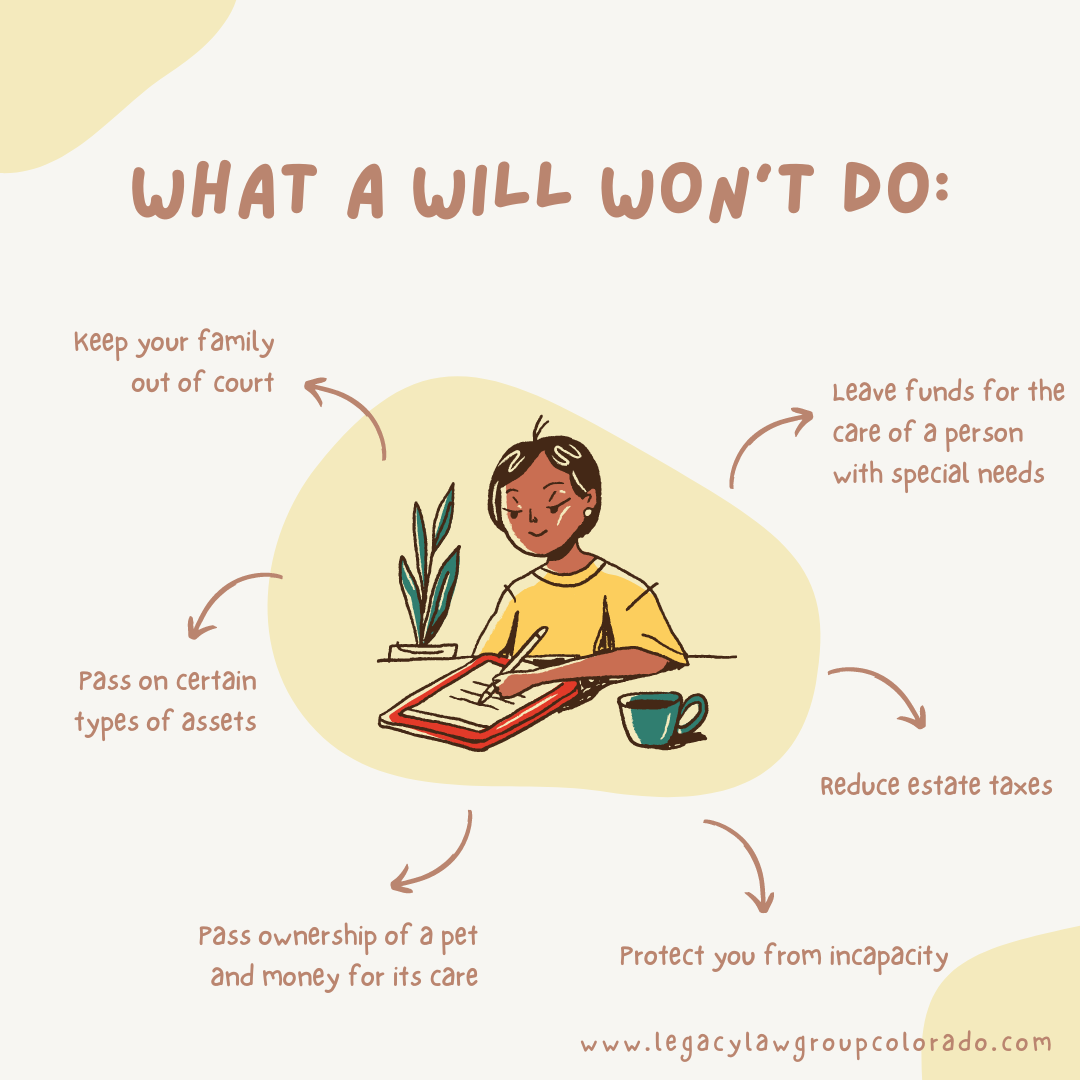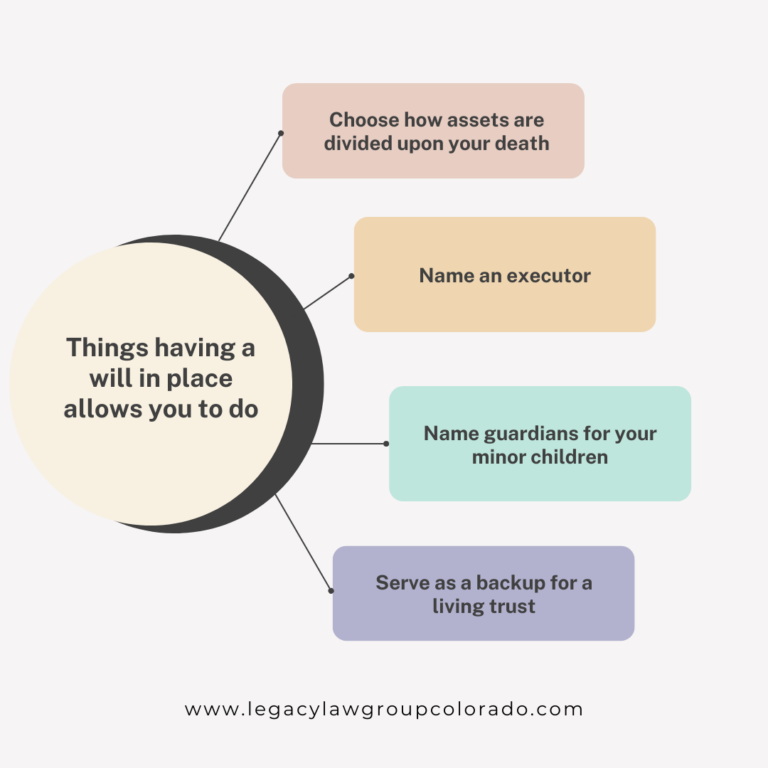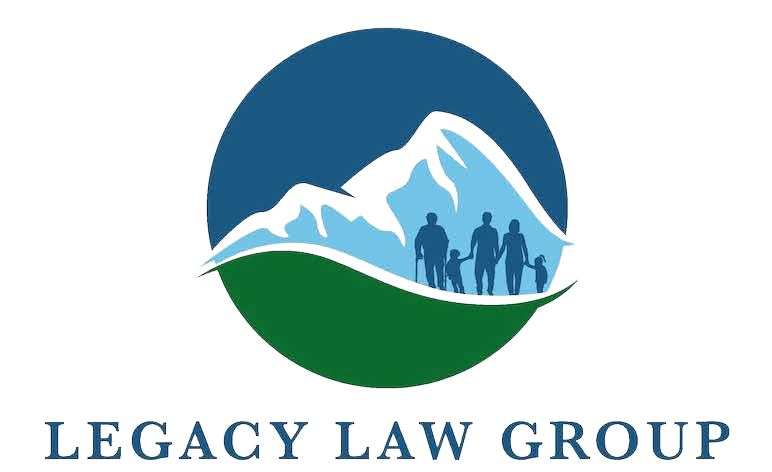Like most people, you likely think estate planning is just one more task to check off your life’s endless “to-do” list.
You can shop around and find a lawyer to create planning documents for you or create your own DIY plan using online documents. Then, you’ll put those documents into a drawer, mentally check estate planning off your to-do list, and forget about them.
The problem is, estate planning is more than just a one-and-done type of deal.
It will be worthless if your plan is not regularly updated when your assets, family situation, and laws change. Failing to update your plan can create problems that can leave your family worse off than if you’ve never created a plan.
The following story illustrates the consequences of not updating your plan, which happened to the founder and CEO of New Law Business Model, Ali Katz. Indeed, this experience was one of the leading catalysts for her to create the new, family-centered model of estate planning we use with all of our clients.
A Game Changing Realization
When Ali was in law school, her father-in-law died. He’d done his estate planning—or at least thought he had. He paid a Florida law firm roughly $3,000 to prepare an estate plan for him, so his family wouldn’t be stuck with the hassles and expense of probate court or drawn into needless conflict with his ex-wife.
And yet, after his death, that’s exactly what did happen. His family was forced to go to court to claim assets that were supposed to pass directly to them. And on top of that, they had to deal with his ex-wife and her attorneys.
Ali couldn’t understand it. If her father-in-law paid $3,000 for an estate plan, why were his loved ones dealing with the court and his ex-wife? His planning documents were not updated, and his assets were not even correctly titled.
Ali’s father-in-law created a Trust so that his assets would pass directly to his family when he died, and they wouldn’t have to endure probate. But some of his assets had never been transferred into the name of his Trust from the beginning. And since there was no updated inventory of his assets, there was no way for his family to even confirm everything he had when he died. To this day, one of his accounts is still stuck in the Florida Department of Unclaimed Property.
Ali thought for sure this must be malpractice. But after working for one of the best law firms in the country and interviewing other top estate-planning lawyers across the country, she confirmed what happened to her father-in-law wasn’t malpractice at all. It was common practice.
This inspired Ali to take action. When she started her own law firm, she did so with the intention and commitment that she would ensure her clients’ plans would work when their families needed it and create a service model built around that mission.
Will Your Plan Work When Your Family Needs It?
We hear similar stories from our clients all the time. In fact, outside of not creating any plan, one of the most common planning mistakes we encounter is when we get called by the loved ones of someone who has become incapacitated or died with a plan that no longer works. Yet by that point, it’s too late, and the loved ones left behind are forced to deal with the aftermath.
We recommend you review your plan annually to ensure it’s up to date and immediately amend it following events like divorce, deaths, births, and inheritances. This is so important we’ve created proprietary systems designed to ensure these updates are made for all of our clients. You don’t need to worry about whether you’ve overlooked anything as your family, the law, and your assets change over time.
Furthermore, because your plan is designed to protect and provide for your loved ones in the event of your death or incapacity, we aren’t just here to serve you—we’re here to serve your entire family. We take the time to get to know your family members and include them in the planning process so everyone affected by your plan is well aware of your latest planning strategies and why you made the choices you did.
Unfortunately, many estate planning firms only engage with a part of the family when creating estate plans, leaving the spouse and other loved ones primarily out of the loop. The planning process works best when your loved ones are educated and engaged. We can even facilitate regular family meetings to keep everyone up-to-date.
Built-In Systems To Keep Your Plan Current
Our legal services are designed to make estate planning as streamlined and worry-free as possible for you and your family. Unlike the lawyers who worked with Ali’s father-in-law, we don’t just create legal documents and put the onus on you to ensure they stay updated and function as intended—we take care of that on our end.
For example, our built-in systems and processes would’ve prevented two of the biggest mistakes made by the lawyers who created her father-in-law’s plan. These mistakes include: 1) not keeping his assets properly inventoried and 2) not correctly titling assets held by his Trust.
Maintaining a regularly updated inventory of all your assets is one of the most vital parts of keeping your plan current. We’ll not only help you create a comprehensive asset inventory, we’ll make sure the list stays consistently updated throughout your lifetime.
Start creating an inventory of everything you own to ensure your loved ones know what you have, where it is, and how to access it if something happens to you. From there, meet with us to incorporate your inventory into a comprehensive set of planning strategies that we’ll keep updated throughout your lifetime.
To properly title assets held by a Trust, it’s not enough to list the assets you want to cover when you create a Trust. You have to transfer the legal title of certain assets—real estate, bank accounts, securities, brokerage accounts—to the Trust, known as “funding” the Trust, for them to be appropriately disbursed.
While most lawyers will create a Trust for you, only some will ensure your assets are properly funded. We’ll not only make sure your assets are properly titled when you initially create your Trust, we’ll also ensure that any new assets you acquire throughout your life are inventoried and properly funded to your Trust. This will keep your assets from being lost and prevent your family from being inadvertently forced into court because your plan was never fully completed.
For The Love Of Your Family
With us as your Personal Family Lawyer®, our planning services go far beyond simply creating documents and then never seeing you again. We’ll develop a relationship with your family that lasts not only for your lifetime but for the lifetime of your children and their children if that’s your wish.
We’ll support you in not only creating a plan that keeps your family out of court and out of conflict in the event of your death or incapacity, but we’ll also ensure your plan is regularly updated to make sure that it works and is there for your family when you cannot be. Contact us today to get started.










